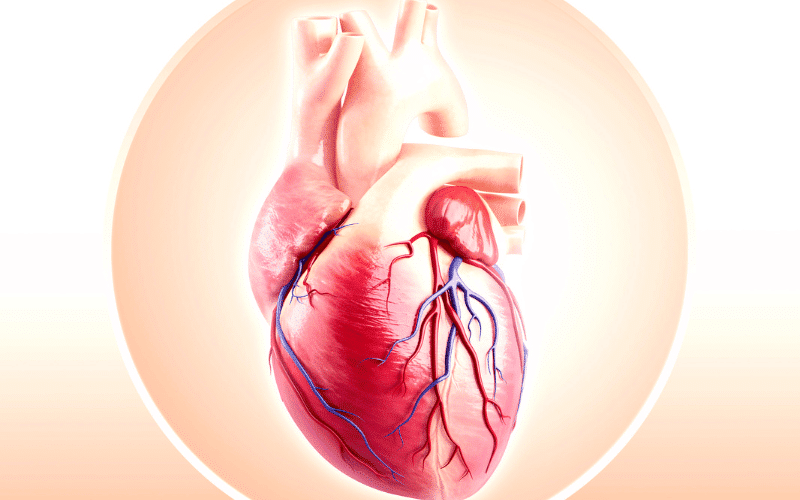Frequently Asked Questions About an Enlarged Heart

1. What is an enlarged heart?
An enlarged heart, medically known as cardiomegaly, is a condition where the heart is larger than its normal size. This can be caused by high blood pressure, heart valve disease, or damage from a heart attack, among other reasons. It’s crucial to remember that an enlarged heart isn’t a disease in itself but a symptom of an underlying issue that requires medical attention.
2. Can an enlarged heart be reversed?
In some cases, treating the underlying cause can help reduce the enlargement. For example, controlling high blood pressure or managing a thyroid condition can help alleviate the heart’s stress. Lifestyle changes like healthy eating, regular exercise, and quitting smoking are also beneficial. However, in some instances, the enlargement might be irreversible, requiring long-term management or surgical intervention.
3. What is the life expectancy of someone with an enlarged heart?
Life expectancy can vary greatly depending on the cause of the heart enlargement, the severity, the individual’s overall health, and how well the underlying condition is managed. Some people can live healthy lives with an enlarged heart if they properly manage their condition. Therefore, it’s crucial to discuss this with your healthcare provider for accurate information based on your situation.
4. Can you exercise with an enlarged heart?
While moderate exercise is typically beneficial for heart health, those with an enlarged heart should consult with their healthcare provider before starting any new exercise regimen. The type and level of physical activity that is safe can vary depending on the underlying cause of the heart enlargement.
5. How is an enlarged heart diagnosed?
Several diagnostic tests can be used to diagnose an enlarged heart, including a chest X-ray, echocardiogram, MRI, CT scan, or stress test. The choice of test depends on what your healthcare provider believes might be the underlying cause of the enlargement.
6. Can you drink alcohol if you have an enlarged heart?
While a moderate amount of alcohol might be acceptable for some, it’s generally recommended that individuals with an enlarged heart avoid alcohol. Alcohol can raise blood pressure and cause cardiomyopathy, a disease of the heart muscle. Always consult with your healthcare provider about alcohol consumption.
The goal of this FAQ section is to help clear up some common questions and misconceptions about an enlarged heart. However, it’s essential to consult with a healthcare provider for accurate information tailored to your personal medical condition.
Conclusion: Recognizing the Signs for Early Intervention
Understanding the symptoms of an enlarged heart is crucial in catching the condition early. Symptoms can range from the commonly associated, such as shortness of breath or swelling in the legs, to less obvious ones like difficulty sleeping or rapid weight gain. Each symptom on its own might not necessarily indicate an enlarged heart, but experiencing several of them, especially simultaneously, should raise concerns.
Remember, an enlarged heart is a serious condition that can potentially lead to life-threatening complications if left untreated. Hence, if you or a loved one experiences these symptoms persistently, seeking immediate medical attention is imperative.
Awareness, timely intervention, and appropriate management can significantly improve the prognosis of an enlarged heart. It’s not just about adding years to life, but more importantly, adding life to years! Stay aware, stay healthy.